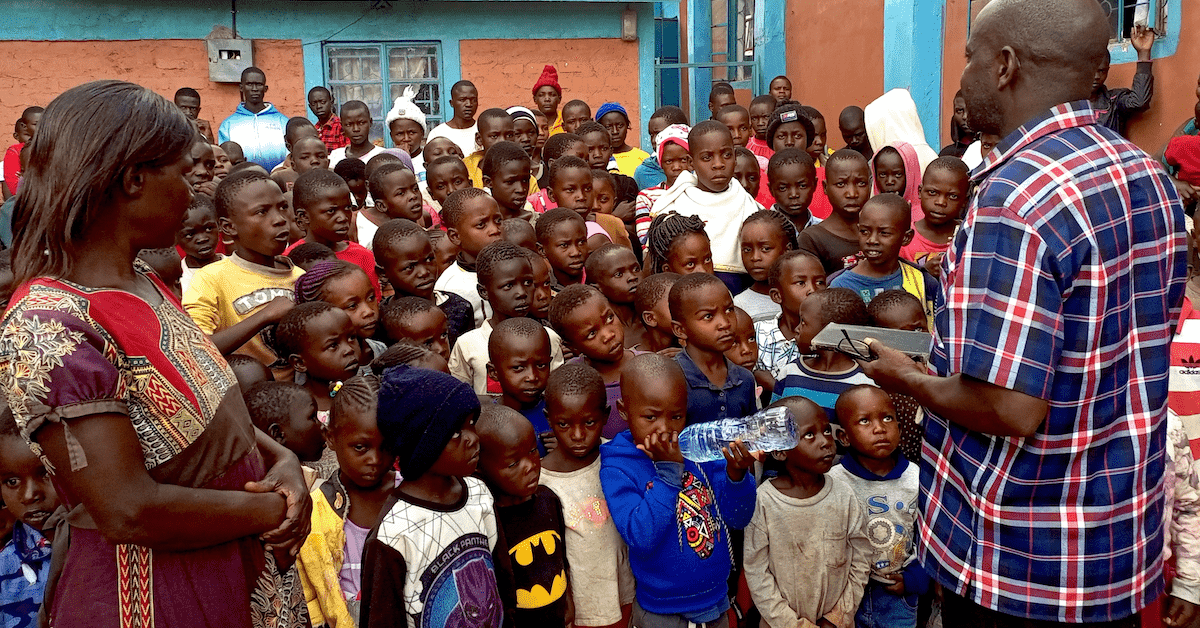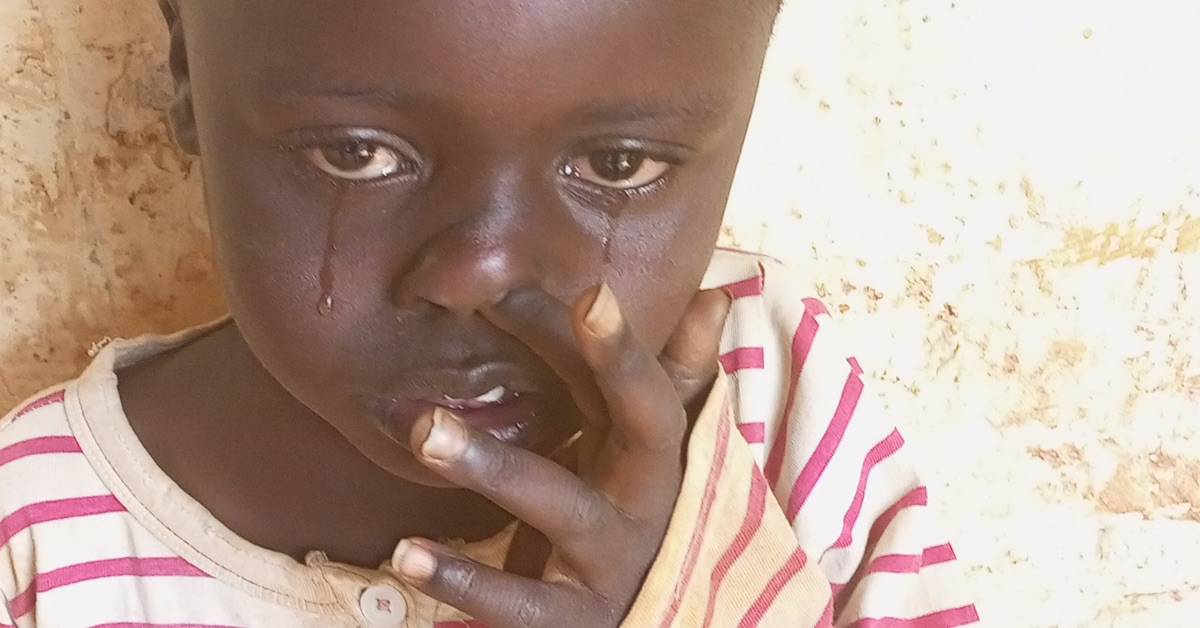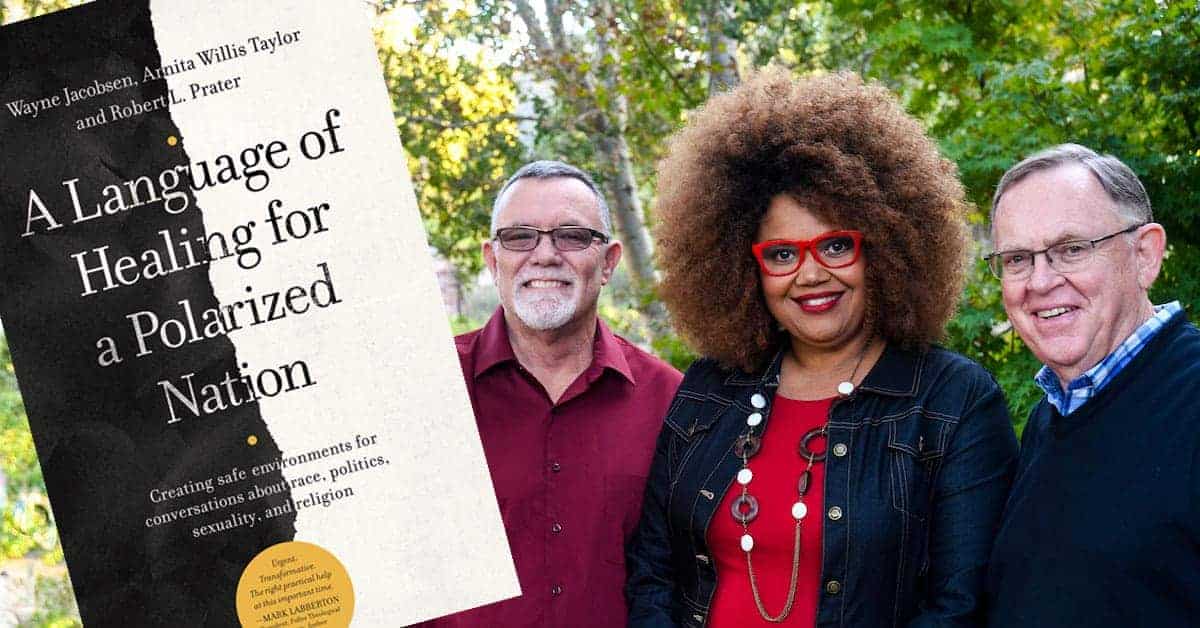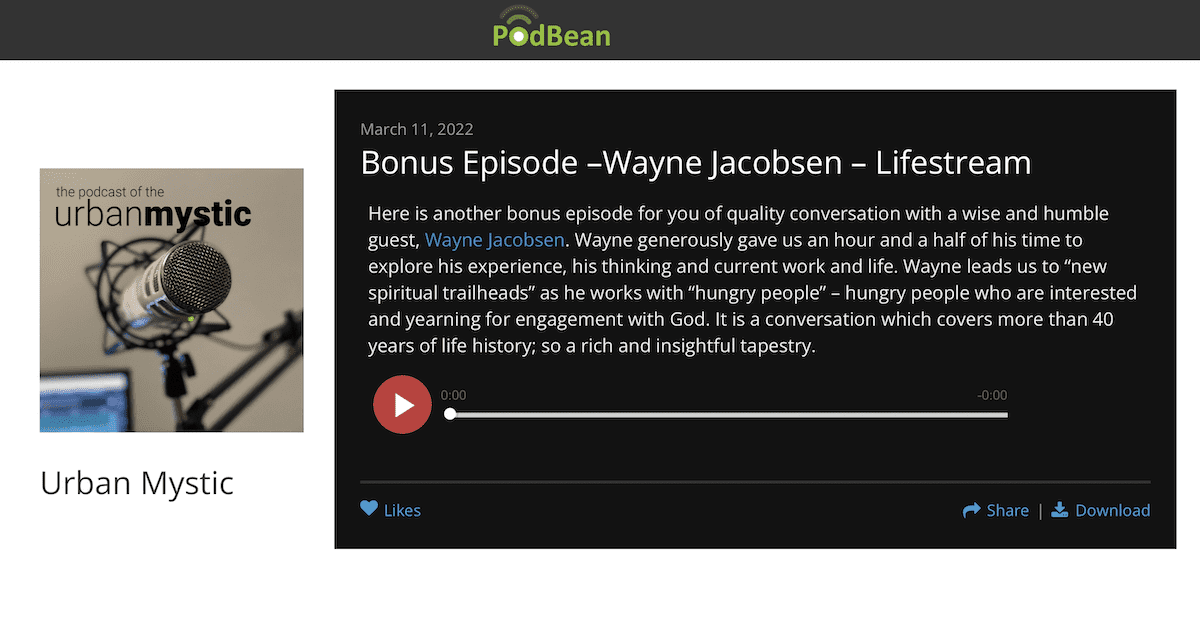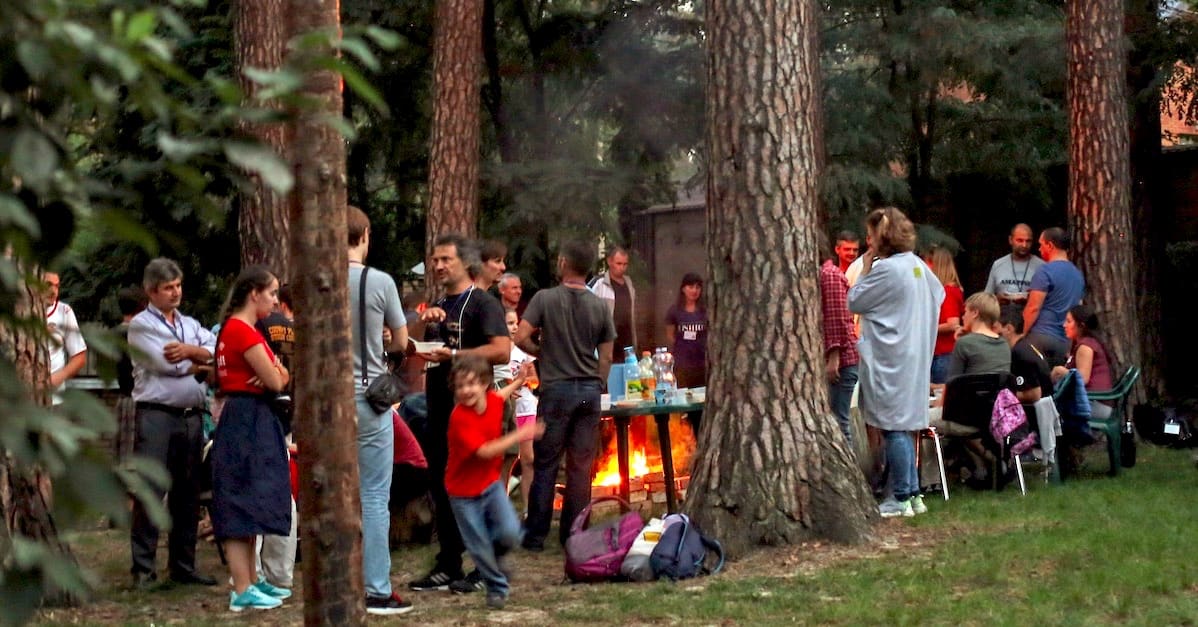Have you ever been the victim of a well-placed lie? Did it cost you valuable relationships because someone spread rumors about you that others believed were true?
If you have, you’re not alone. Treachery and deceit are an ever-present undercurrent of the human story. Some people think nothing of fabricating stories, exaggerating details, and spreading rumors to get what they want. I know many people who have been shattered by it, and once a lie takes hold, there’s no way to dislodge it from people who need the lie to be true.
I guess we shouldn’t be surprised. The Bible is full of stories where lying and deception are tools to grasp power, hide jealousy, steal, or aggrieve themselves of some perceived injustice. They care little for the lives and relationships they damage in the process as long as they get the outcome they want.
I get emails like the one below almost every week. This one is from a couple who were recently excluded from the congregation they had been a key part of for decades. To cover up his own failures, the pastor spread lies about them. I know many of you will be able to relate to their story.
We are definitely on a new adventure while still trying to heal from a devastating church break. We lost so many friends and were shunned/excommunicated from those we thought of as family. Because we live in a small town, we are constantly confronted with people from our old congregation, so we can only avoid the inevitable for so long. Today, while at a coffee shop with my homeschooler, the wife of one of the elders who has played a huge role in the division at the church and in the attack on my husband tapped me on the shoulder and asked me how I was with a big smile.
Of course, being caught off guard, I said “fine.” I felt physically nauseous. I just don’t know how to process this. I feel like she was the “bigger person” in coming up to me. Folks who have not experienced this type of betrayal have all kinds of advice for us and have told us that we just need to forgive and move on. I’m tired of pretending like sin did not happen. It did. When I got in the car, I just started to cry. It feels like we’ve been through something traumatic and people purposefully ignore it because they don’t want to be involved or they don’t want to think less of the pastor/leadership. I know something like this does not compare to physically losing a family member, etc. but it kind of feels like I lost a child or my husband and all people want to talk to me about is the weather, refusing to acknowledge this loss.
There’s nothing more painful than being the sacrificial victim your “friends” used to protect themselves. I’ve seen it too many times and have felt that sting myself. And there’s nothing more condescendingly painful than when those who spread lies about you approach you in that faked-up, lovey-dovey way so they can avoid any acknowledgment of the hurt they either caused or supported. I had a former colleague who was especially good at that. “Let’s just pretend we love each other after I stabbed you in the back.
Unfortunately, that is the nature of our religious landscape, and it can do far more damage in small-town America, where you can’t hide from your persecutors. I wish I had an easy answer for people like this, but I don’t know that there is one. The pain you feel from people’s judgments and their pretenses are not personal, though admittedly it feels like it is. Those on the side of abuse want “things” to get back to “normal” as soon as possible. Their smiles might be genuine to them, but they will always appear fake because it comes by denying what they did. And, yes, it is incredibly difficult for those whose lives were upended and reputations destroyed by that abuse to find a way forward with people who won’t acknowledge it.
If you’re looking to follow Jesus, you are constantly swimming upstream, which rarely leads to blissful, calm circumstances. Religious people are the worst at shooting their wounded after they’ve done the wounding. But that doesn’t mean you have to be their victim or join the charade to look loving. I encourage people to find a way into the gentle honesty Jesus can give us for people who have wronged us. That doesn’t come easily, but over time Jesus can heal the darkness.
How do you get there?
First, realize that God is still inviting you on a journey that is still full of his life. Though you had dreams destroyed or relationships altered, he has unlimited options to take you on a journey that will absorb the pain and use it to make you more dependent on him and more compassionate toward others. Stewing in bitterness will not help.
Second, find a way to count it as joy. Yes, this is tough, but it is precisely what Jesus told us to do when we find ourselves the victim of deceit and betrayal:
“Count yourselves blessed every time people put you down or throw you out or speak lies about you to discredit me. What it means is that the truth is too close for comfort, and they are uncomfortable. You can be glad when that happens – give a cheer, even! – for though they don’t like it, I do! And all heaven applauds. And know that you are in good company. My prophets and witnesses have always gotten into this kind of trouble.” (Matthew 5:11-12 MSG)
Those are the words of One who endured lying and exclusion in far worse ways than we ever will. Someone gave me that Scripture after the first time a good friend lied about me to separate me from a fellowship I’d served for fifteen years. Standing up for what’s true will often cost you dearly with those only looking for comfort.
Why does heaven applaud? Because you got your guts ripped out? Of course not. Heaven applauds when truth wins out over expedience when people would rather do what’s right than compromise their hearts to maintain an image. You’ll find freedom when you can live for something more significant than doing what comes easy.
Third, realize that when you are sacrificed on the altar of someone’s anger or jealousy, God will be opening new doors to be at work in you and to make you a safe place for others. Those who have healed in betrayal will be far less dangerous in the world, and they will be an oasis to those who will find themselves in it one day.
Fourth, lean into forgiveness. This is hard and will only truly come when you know that you are not their victim. The prayer Jesus prayed from the cross, “Father, forgive them, they know not what they do,” is the goal. It’s the most amazing prayer in Scripture. Jesus prayed it over those who lied about him to win his execution and now mocked him in the midst of his pain. Surely they knew what they were doing, didn’t they? Jesus looks deeper. They had no idea why they were doing such things. Why were they so afraid that they had to kill God’s Son to satisfy it? That, they didn’t know. The people that lie about us know that they are lying, but they often don’t understand what insecurity, trauma, or jealousy is at work to make them do it. When you love enough not to second-guess their motives, you will find the freedom to pray this prayer and mean it.
Fifth, find comfort in being misunderstood. If you want to walk this journey, you can’t correct everyone’s lies. This is hard because religion taught us we are validated by other people’s perceptions of us. That’s a lie too! You don’t have to try to convince people of what’s true. Doing so, will drive you nuts. People who traffic in falsehoods are not interested in understanding you or accurately representing your motives. They enjoy their attempts to diminish you and you’ll only give them more ammunition to twist into false accusations. Find your peace in the fact that God knows the truth and that he will eventually get the last word on every lie. The misunderstandings of others are part of their journey. There may be a time to confront, but God will show you when and how, even though the outcomes will rarely be what you hope.
You don’t have to rush any of this. Let the pain work in your heart. Let the tears flow. His grace is at work in our sobs and grief, dislodging your spirit from the tyranny of self and inviting you so much deeper into his love and life. Let God show you how to walk through those moments and how he wants to rearrange your heart in the process. Let him destroy your need for the affirmation of others, and you’ll be a better gift in his hands for others. Embrace the pain and rejection, but most importantly, embrace him in it. He will bring healing to you in so many ways, and then you’ll know how to love others well and be an oasis for the pain that fills the world.
You have lost much, but there is so much more to gain. And, yes, it does take a while, but as the healing begins to set you free, you’ll find words to offer those who were part of the pain. You won’t have to ignore it or deflect from it. In his time, you’ll find the grace to smile and small talk again, knowing you are no longer their victim. And you will see ways to be gently honest in a way that invites them to life instead of using them to salve your wounds. By then, it won’t be about you anymore; it will be about them and finding a way to love them in their lostness.
Gentle honesty can look like, “It’s good to see you again, but you know our hearts still grieve over some of the things you were a part of. I hope we get a chance to let Jesus bring healing there someday.” At the right time, with the right heart, that can open doors for someone else to recognize how they passed on pain. But be warned, it may also make them angry, but at least they won’t be pretending anymore.
It’s not easy living in love in a world where treachery gets people exactly what they think they want. Just remember, it’s only temporary. One day Jesus will get the last word on everyone and every event. He doesn’t have it yet, but the truth will win out in the end.

